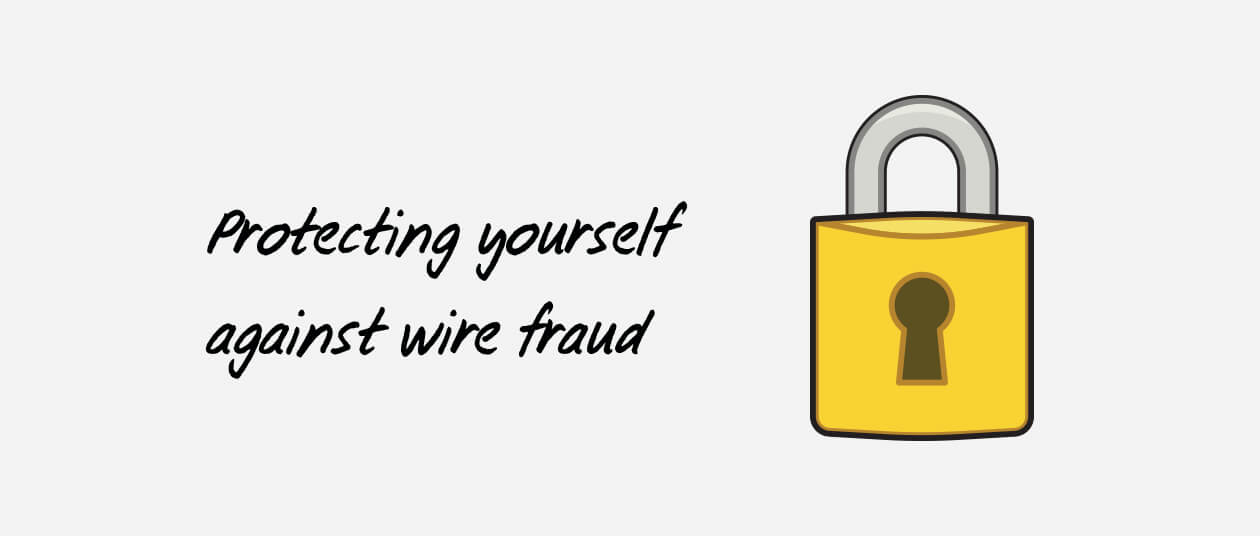Owning your home is one of the most significant investments in yourself you’ll ever make. When you’re ready to buy a home, you’ll want to make sure you’re aware of your options, so you can find the one that’s right for you. We’re here to help. In this article, we’ll walk you through conventional versus high-ratio mortgages, open versus closed terms, and fixed versus variable rates.
Conventional versus High-Ratio Mortgages
When you apply for a mortgage, generally speaking, you’re expected to make a down payment that is 20% of the home’s total sale value – upfront. If you’re able to make the payment, and the sale is approved, you’ll likely open a conventional mortgage.
But what happens if you don’t have enough to make that down payment? In that case, you might be eligible for a high-ratio mortgage.
- High-ratio mortgages offer homebuyers loans for more than 80% of the home’s sale value.
Tip: High-ratio mortgages also require mortgage default insurance, which you may know as CMHC insurance. It’s important to budget for this because you’ll have to pay premiums for your insurance. Your financial plan will be affected, too. Whereas conventional mortgages allow amortization periods of up to 30 years, high-ratio mortgages only allow them up to 25 years.
Open versus Closed Terms
Your mortgage is an important investment that can shape your life. But your life can shape your mortgage, too. When you think about the kind of mortgage you want, you’ll have to consider whether it’s open or closed.
- An open mortgage can be prepaid at any time without a prepayment penalty, allowing you more flexibility in making extra payments or paying off your mortgage in full. While there may be no prepayment penalty, other charges may be applicable if the mortgage is paid out in full. Open mortgages generally offer higher rates than closed mortgages with comparable term length.
- A closed mortgage cannot be prepaid, renegotiated, or refinanced before its maturity date, except according to its terms and conditions. An early payout will typically result in you paying a prepayment penalty. Closed mortgages generally offer lower rates than open mortgages with a comparable term length.
Tip: When choosing open or closed terms, you’ll want to consider whether you intend to live in your home for the foreseeable future. If you plan on moving or expect that your career or personal life may take you elsewhere, an open term offers more flexibility. But if you plan on staying where you are, the lower interest rates that usually come with closed terms can help you save money.
Fixed versus Variable Rates
Whichever mortgage term you choose, you’ll have to pay interest. The rates on mortgages come in two main forms – variable and fixed.
- In a variable-rate mortgage, your interest rate will fluctuate with changes to the Coast Capital prime rate. If the prime rate increases, more of the payment will go towards interest and less towards paying down the principal. If the prime rate decreases, more of the payment will go toward the principal and less towards paying interest. Your payment amount is subject to certain terms and conditions. For example, whether the prime rate increases or decreases, your payment amounts will stay the same, unless you reach your trigger rate. The term trigger rate describes the point when the interest rate on your variable rate mortgage has increased so much that your payments are not enough to cover the interest that accrues between payments and is no longer paying down any of the principal. If the trigger rate is reached on your mortgage, your financial Institutions can amend your payment and will notify you of this change. You can find out more about trigger rates here.
- In a fixed-rate mortgage, your interest rate stays the same for your entire term, keeping your payments consistent and stable, even as market conditions change.
Tip: Variable and fixed rates each offer their own advantages. For example, if you think interest rates are heading downwards, you might want to choose a variable rate, because the decreasing prime rate will bring down the amount you pay towards interest. But the fixed option might make more sense if you think rates are going up. Though you miss the opportunity to pay a lower amount when the prime rate decreases, you benefit from predictability and the peace of mind that comes with no longer worrying about triggering any special rates.
We’re here to help.
Everyone’s financial situation is unique. The financial advice you receive should be unique, too. Speak with a Coast Capital advisor to find out more about how the kind of mortgage you choose can affect your homeownership plans. We’ll take the time to understand your unique needs and goals and help you craft a plan for achieving them. Visit a Coast Capital branch or call us at 1.888.517.7000.
This article is provided for general information purposes only. It is not to be relied upon as financial, tax, or investment advice or guarantees about the future, nor should it be considered a recommendation to buy or sell. Information contained in this article, including information relating to interest rates, market conditions, tax rules, fees, and other investment factors is subject to change without notice and Cost Capital Savings Federal Credit Union is not responsible for updating this information. All third-party sources are believed to be accurate and reliable as of the date of publication and Coast Capital Savings Federal Credit Union does not guarantee the accuracy or reliability of such sources. Readers should consult their own professional advisor for specific financial, investment, and tax advice tailored to their needs to ensure that individual circumstances are considered properly, and action is taken based on the latest available information.



